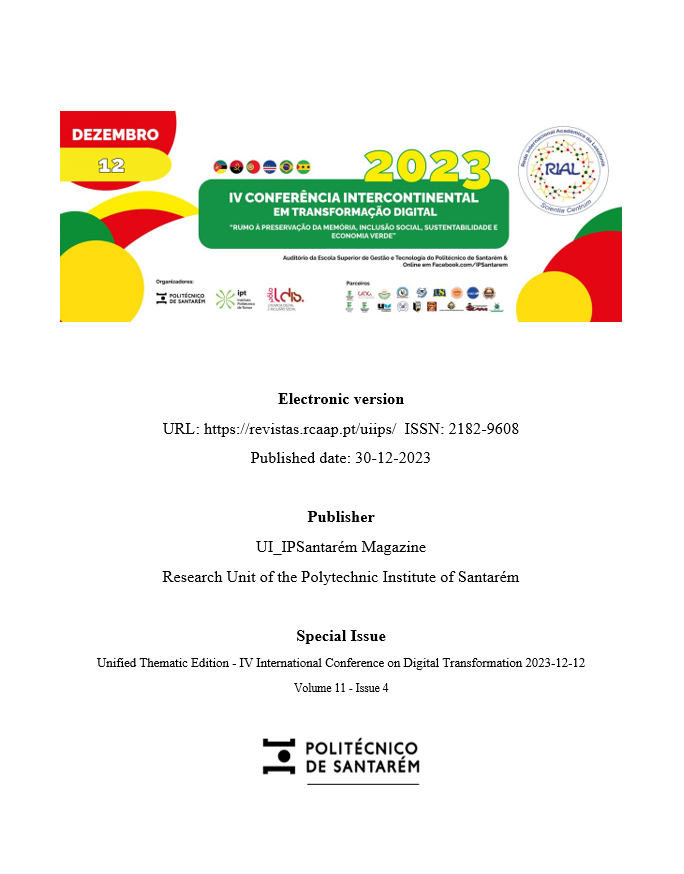Methodological Proposal for Budgeting Civil Construction Works
a conceptual approach to mitigating overpricing for public works in Mozambique.
DOI:
https://doi.org/10.25746/ruiips.v11.i4.34161Keywords:
Budgeting, Overbilling, Public Works in MozambiqueAbstract
Public works play an important role in the socioeconomic and cultural development of any country. In these terms, this article aims to identify, in small and medium-sized Mozambican companies, the factors that constitute risk in the process of budgeting works and propose a methodology for mitigating these risks. To achieve this goal, quantitative research was applied using questionnaires with closed questions. The questionnaires were sent to 65 Mozambican construction companies located in the southern zone of Mozambique. To process the contractors' responses, the Relative Importance Index (IIR) was applied, where it was possible to identify the risk factors that influence the budgeting of works: (1) rising prices in the market, (2) delay in payment of invoices for work performed by the contractor and (3) lack of clarity in tender documents. Finally, with a view to mitigating these risks, a model was proposed to be incorporated into the State Financial Administration Information System (e-Sistefe), with a view to proposing a computerized methodology, based on clear and objective criteria, to assist the budgeting of public works, avoiding overpricing of public works.
Downloads
Published
How to Cite
Issue
Section
License
Copyright (c) 2024 arsenio zandamela, José Augusto Tomo Psico , Ruy Moreira Cravo

This work is licensed under a Creative Commons Attribution-NonCommercial-NoDerivatives 4.0 International License.
Authors publishing in this journal agree to the following terms:
Authors retain copyright and grant the journal the right of first publication, with the article simultaneously licensed under the Creative Commons Attribution License that allows sharing of the work with acknowledgement of authorship and initial publication in this journal.
Authors are permitted to enter into additional contracts separately for non-exclusive distribution of the version of the article published in this journal (e.g., publish in an institutional repository or as a book chapter), with acknowledgment of authorship and initial publication in this journal.
Authors have permission and are encouraged to publish and distribute their work online (e.g., in institutional repositories or on their personal webpage) at any point before or during the editorial process, as this may generate productive changes, as well as increase the impact and citation of the published work.



